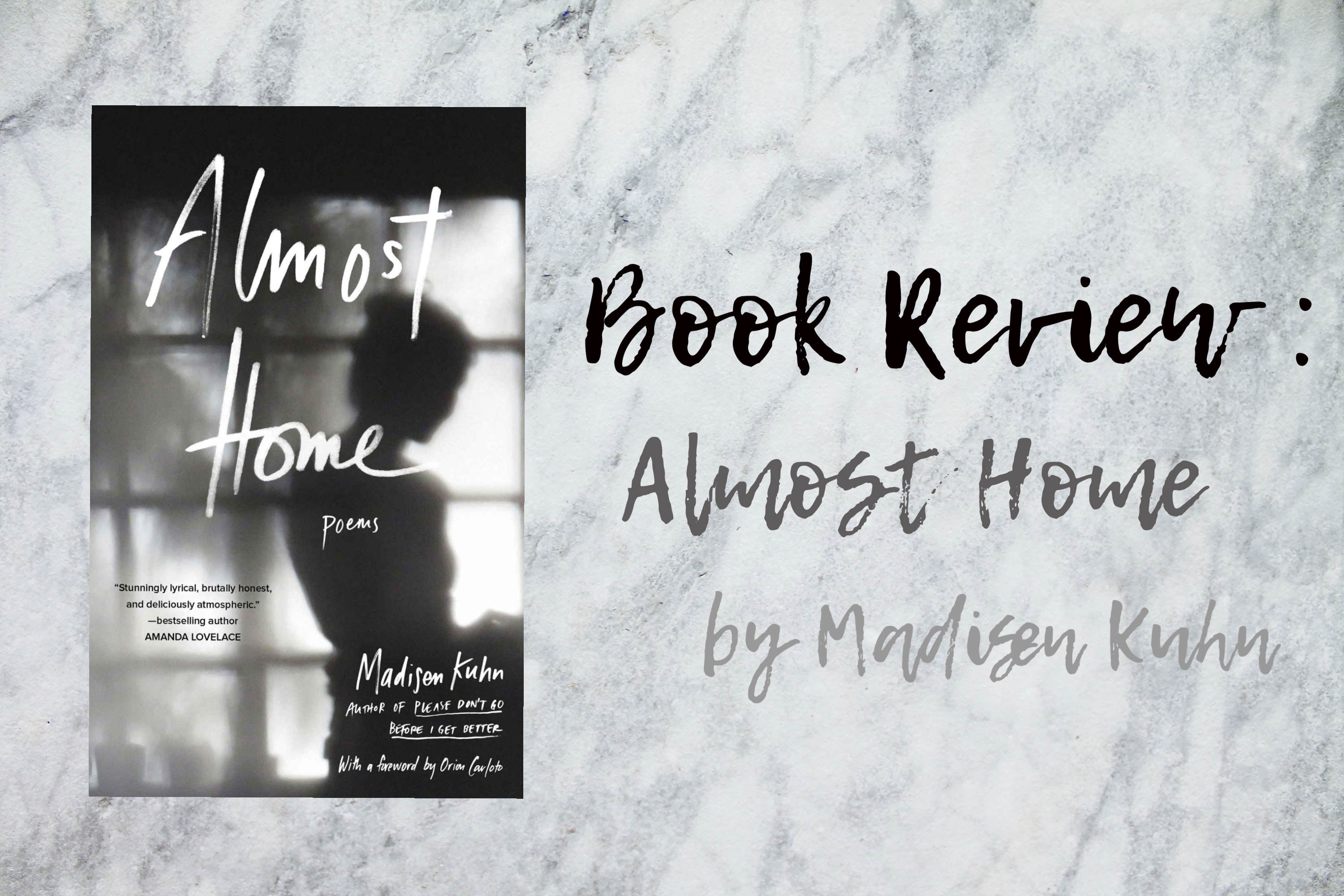
How To Be A Good Friend To Someone Who Lives With Mental Illness:
I have had a lot of friendships in the past few years that just didn’t stick. It’s not always anyone’s fault; some people just don’t know what to do or how they can help their loved ones… It can also be incredibly hard to deal with work, motherhood, marriage, passions, friendships and…depression.
Depression, anxiety, stress.. They tend to pile up on top of each other and sometimes when people start to see their friends in a low place, they might get cold feet and want to run away from the relationship. In my experience, people sometimes see this as something like a personality change. They often have difficulty dealing with the friendship if it becomes something that is no longer “fun”, “easy-going”, or beneficial to them and their needs. This may lead them to decide that the feelings and symptoms of mental illness that have started showing up are too much and therefore the friendship isn’t worth their time anymore but mental illness is not a choice so…
Don’t be this friend!
If you truly love this person, be there for them! It can be difficult to love someone who thinks they’re unlovable but being there is the most incredible thing you can do as their friend. Everyone is worthy of love and kindness and we can all be better friends to those we love by doing just a few things that make all the difference.
“If you love someone, the greatest gift you can give them is your presence.”
– Thich Nhat Hanh
If you are dedicated to being a good friend to someone you love that is living with mental illness.. Here are a few things you CAN do to love them, support them, and be there for them as they go through their ups and downs.

1. Listen to them!
Sometimes a friend tells you in the plainest language that they are really not okay. They tell you they’re exhausted, that they’re having a rough day/week/month, they tell you that they’re feeling sad.. They may seem more angry, sensitive, or irritable than usually…
Listen to this. Listen to it judgement free and don’t try to explain it away. Logic won’t help. You do not need to even offer advice. They need you to just be there and be their friend. This is one of the nicest things you can possibly do for your friend.
2. Validate them!
Please, please, whatever you do..Do not brush off their feelings! Validate them! Let them know that you hear them, that you are there, and that their feelings are okay. Let them know that you love them and that they are not a burden.
Women especially are prone to feel a lot of guilt when it comes to their mental illnesses, not wanting to make it difficult for others, they sometimes can put on a brave face to try to make you more comfortable but my advice is to let them know that you love them; even the raw parts and that they are not and never will be a burden. Love on them extra.
3. Be there!
Just because your friend is going through a tough time and isn’t your normal fun friend doesn’t mean you should abandon them. Realize that depression isn’t something you can turn on and turn off. Think of how you would want to be treated if you were going through something similar or the same. About 12 million women in the U.S. experience clinical depression each year (1 in 8)!!
Send a text, ask how they are, make time for them, invite them out even if they say no, hold their hand, try to avoid too many “you can do it” speeches, and ride the wave. Whether they think they need you or not.. they do.
4. Take an interest in the things they get excited about (if & when they do.)
Sometimes friends are depressed but also highly creative and “functional.” They may throw themselves into these passions projects or even work and that might be overwhelming for you to deal with especially if these things are new and take up a lot of your friends time but listening to what they are happy about and being happy for them is a huge thing and makes you a kick ass friend.
5. Continue to love them!
Be a positive thing in their life. This doesn’t mean you have to be all rainbows and sunshine but drop in with a cup of coffee, bring your kids over for a playdate so she can shower, bring her a meal.. These little things mean more than you could possibly imagine.

6. Learn more about depression (mental illness) and the resources that are available.
This is a huge help if they come to a point where they really need or want help but don’t know where to start. There have been a lot of times where I have had friends who wanted to start therapy but weren’t sure where to find a therapist, or needed to leave an abusive spouse but weren’t sure where to go. Become educated on the resources in your area for things that they might need or want. You taking the time to do this is amazing and makes you a wonderful friend. It shows that you truly care about your friend’s wellbeing and have thought enough about it to create a plan, if a plan were to be needed.
7. Take care of yourself!
It can be incredibly difficult to be the friend of someone who lives with with mental illness(es). It can be draining, exhausting, and mentally and physically painful. I completely understand that and all of those things are valid. So while, you are being a good friend, remember to take care of yourself as well. If you are not filling your cup, you cannot pour into other’s. You should always be putting your personal and mental health first.
Let me know if there is anything I might have left out! Is there something that you, as someone who lives with mental illness, wishes a friend would have done or would do for you? Drop it in the comments!!
If you’re not sure if your friend is living with mental illness or depression, you can read through this list of signs of depression so that you can be aware:
- Loss of energy
- Sleep changes
- Feelings of hopelessness or helplessness
- Appetite or weight changes
- Self-loathing
- Reckless behavior
- Unexplained aches and pains
- Concentration problems
- Anger or irritability
- Loss of interest in everyday things
I am not a medical professional – This article is just based off of my own experiences and feelings. I hope that you enjoyed it and that it helped you feel more confident in your friendships. Thank you for reading and I hope you have a beautiful weekend!
If you or a friend are ever having an immediate crisis please contact:
National Suicide Prevention Hotline: 1-800-273-TALK (8255)
National Domestic Violence Hotline: 1-800-799-SAFE (7233)
Crisis Text Line: Text HELP to 741741
S.A.F.E. (Self Abuse Finally Ends): 1-800-DONT -CUT (366-8288)
Eating Disorders Awareness and Prevention: 1-800-931-2237



